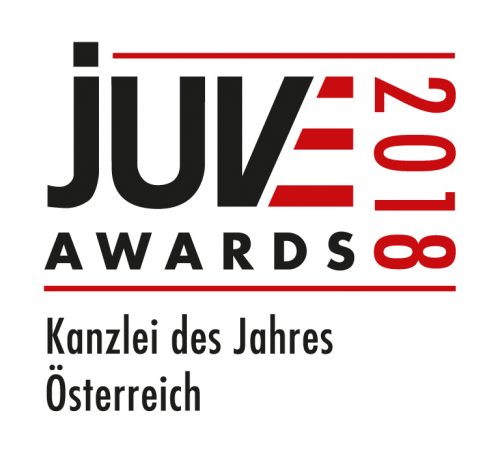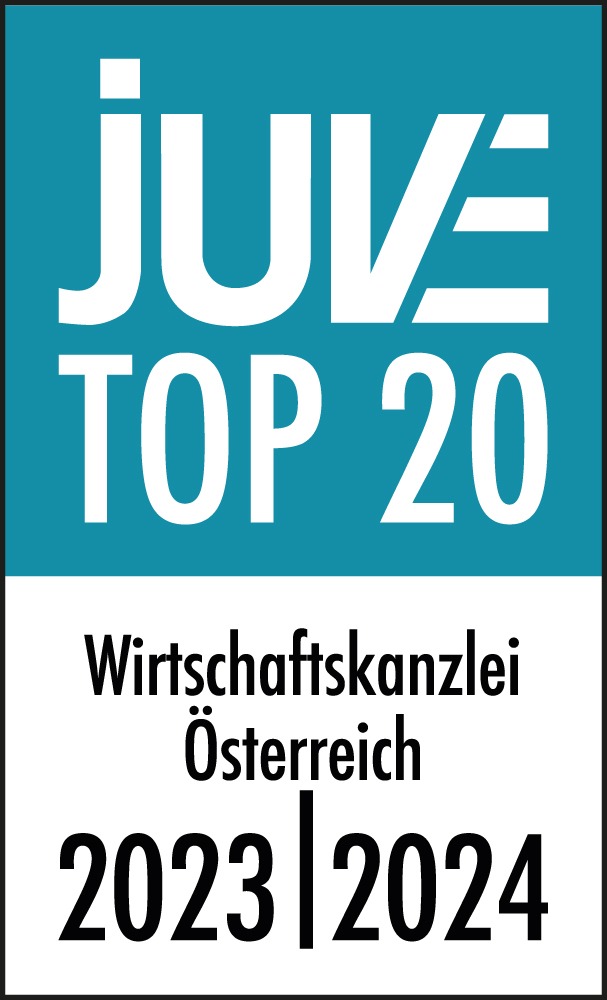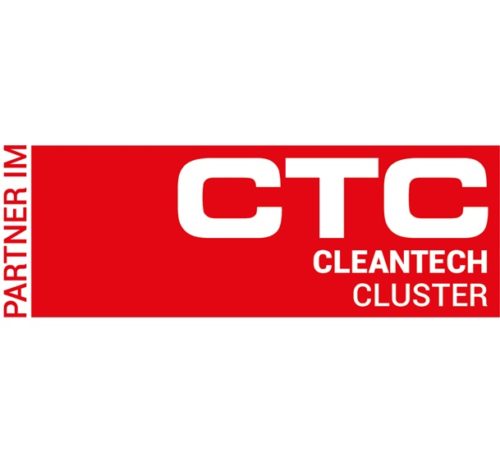Whistleblowing reporting systems
We help with implementation and processing!
Now, for the first time, the Supreme Court of Justice ruled that the tenant of a business premises does not have to pay rent for the duration of a “lockdown”-related closure of their business. A brief overview of the lessons of the decision and other open questions:
The tenant operates a solar studio. In spring 2020, a ban of entry was issued as a COVID-19 pandemic response measure. The ban of entry also applied to the tanning salon. The tenant did not pay any rent for April 2020; the landlord’s eviction execution was granted for the time being. The tenant resisted the eviction.
According to § 1104 ABGB, no rent is to be paid if the rented property cannot be used or occupied at all due to extraordinary circumstances (e.g. fire, war or epidemic).
Yes. The Supreme Court ruled that COVID-19 is to be regarded as such an “epidemic” and justified this on the grounds that COVID-19 is undoubtedly an infectious disease that poses an enormous danger to the general public due to its rapid spread and severity.
Due to the ban of entry, the tanning salon “could not be used or utilized” in April 2020. The purpose agreed in the rental agreement was the operation of a tanning salon, which was impossible due to the pandemic. According to the Supreme Court, the mere fact that the furnishings remained in the existing property does not indicate partial use and a resulting claim to partial payment of the rent. However, since § 1104 ABGB does not result in the expiration of the rental agreement, the tenant was not obliged to remove the furnishings in the sense of a complete eviction.
In the settlement already concluded between the landlord and the tenant in January 2020, the tenant undertook to vacate the business premises immediately in the event of even partial payment default. The tenant would therefore have to be in default of payment in order for the execution of eviction requested by the landlord to be admissible. Although the rent was actually not paid in April 2020, the property was not usable in any way at that time due to the official ban and the lack of other possible uses, according to the Supreme Court. Thus, the tenant was entitled not to pay the full rent for April 2020. Accordingly, she was not in default of payment.
According to this decision of the Supreme Court, it remains open whether the rent is to be paid on a pro rata basis in the case of partial usability, for example, if “take-away” is offered by a restaurant.
In the case at hand, the tenant also did not have to pay heating and operating costs, for several reasons: The landlord had not based his application for execution on the heating and operating costs. Moreover, there were no consumption-related costs for electricity and heating, as the appliances had already been switched off by the tenant, so that there could be no wear and tear on the business premises or energy consumption.
The Supreme Court left open the question of whether government grants, such as fixed cost subsidies, are to be passed on to the landlord.
Whether and to what extent this Supreme Court decision also applies to leases has not yet been conclusively clarified by jurisdiction.
For the future drafting of lease agreements, special attention should be paid to the issue of the pandemic; the provisions in the ABGB (Austrian Civil Code) regarding the elimination and reduction of interest are dispositive, i.e. deviations from the statutory provisions can also be agreed between the contracting parties. However, it has to be ensured that the provisions agreed are not grossly disadvantageous.
Our experts Daniela Huemer and Sophie Reitmayr will be happy to answer any further questions you may have on this topic.
This article is for general information only and is not a substitute for legal advice. Haslinger / Nagele Rechtsanwälte GmbH assumes no liability for the content and correctness of this article.
3. November 2021






